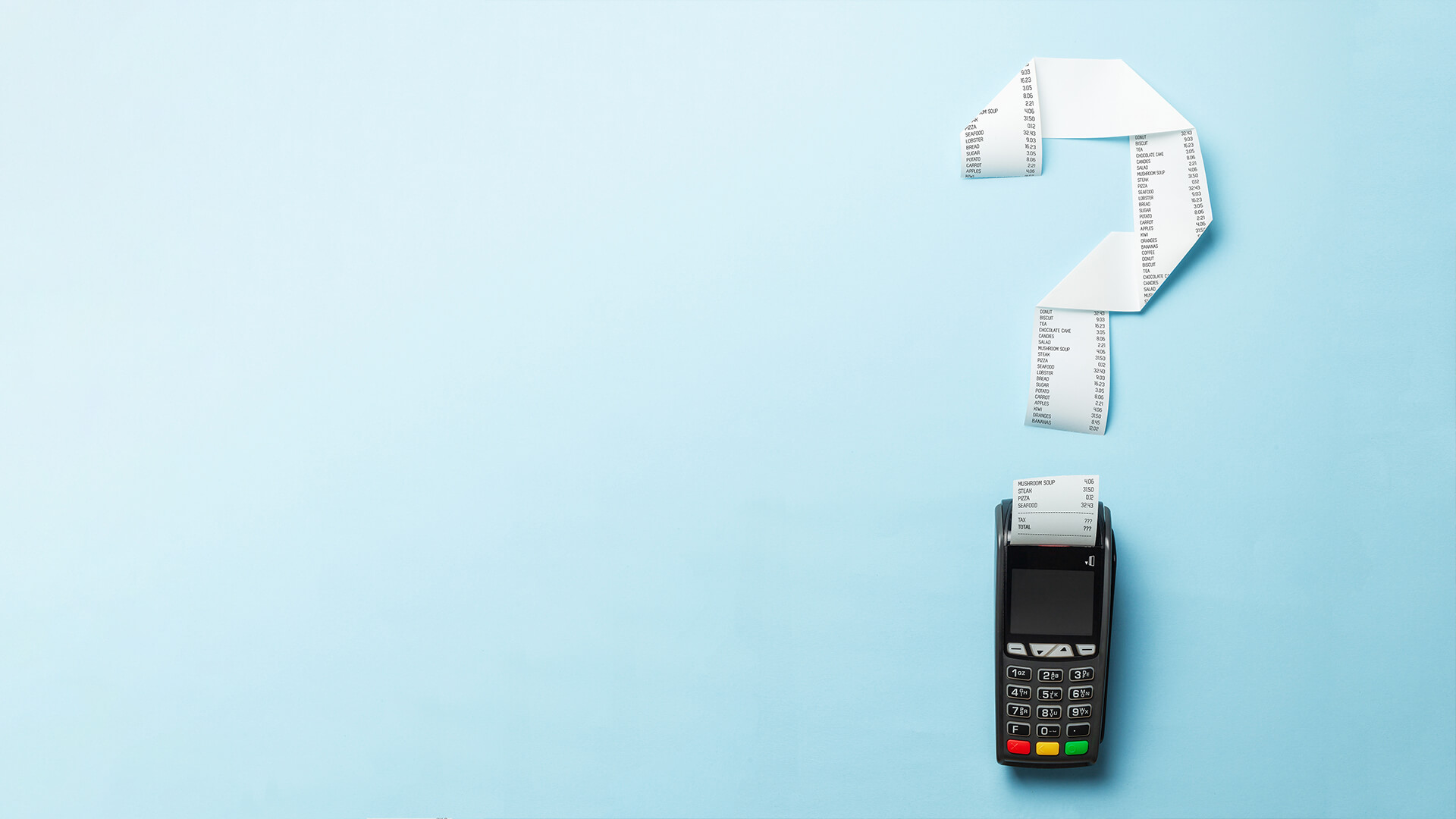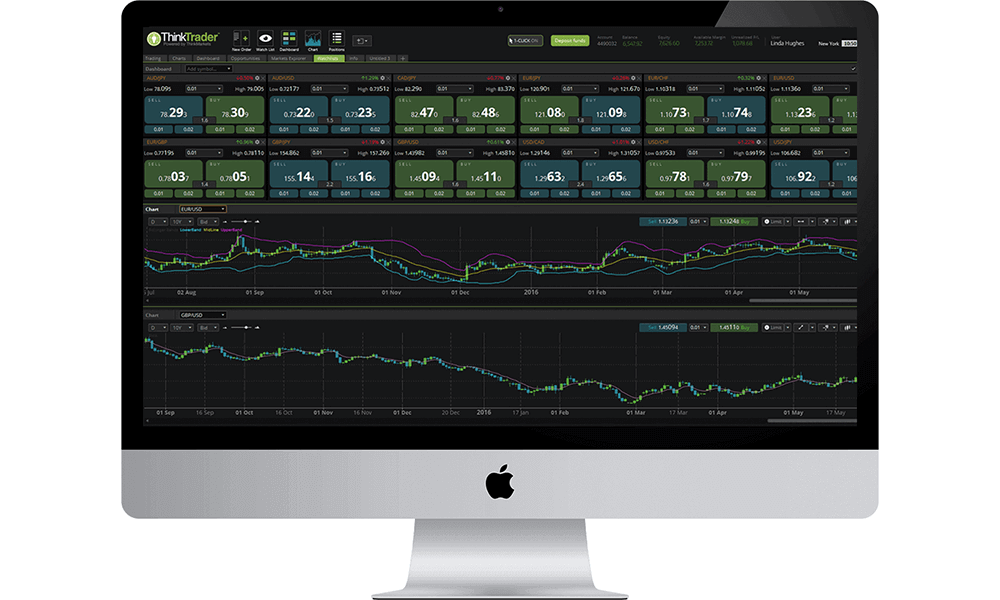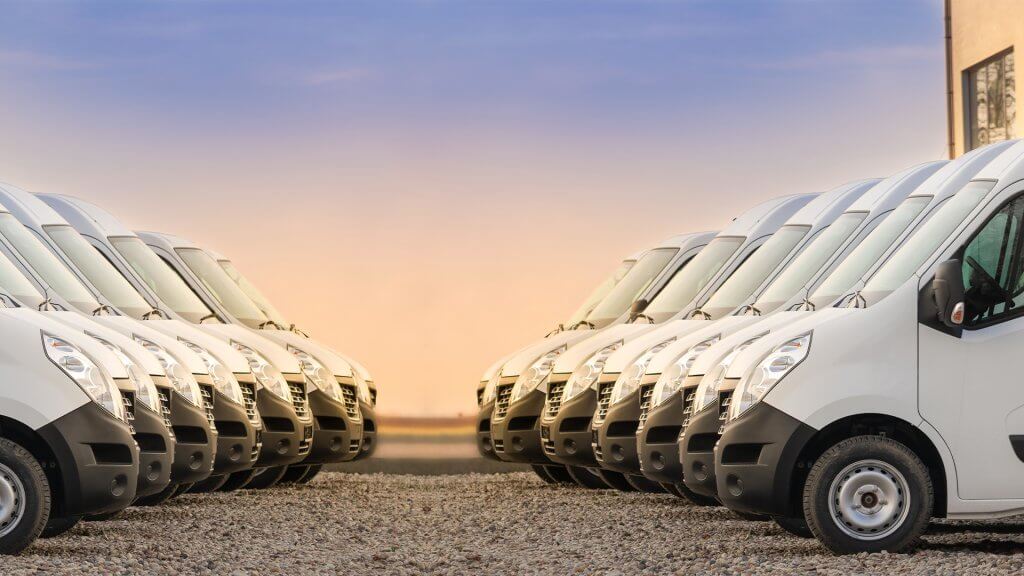
Could the Extinction of the Paper Receipt Cause a Change in Your Spending Habits?
Have you ever thought of the environmental damage that your shopping could cause? Sustainability became the buzzword of 2019 and everything in your shopping basket has been scrutinized. From the plastic bag you had to buy because you forgot your reusable one, to the brand-new party outfit you bought to only wear once. The retail industry is under scrutiny for its environmental impact and for good reason. Even something as innocuous as your till receipt leaves a footprint on our planet.
When shopping, customers are often asked whether they want a receipt or not, this question tends to come when the receipt has already been printed and so no matter what answer the customer gives, the receipt is now either going home with the customer to be thrown away or is going to be thrown away in the store along with 1000’s of other unwanted till receipts.
Paper receipts account for 1.5 billion pounds of environmental waste each year in the United States alone. So, is it time for paper receipts to become extinct? Large companies such as Apple have done away with paper receipts preferring to send the information directly to customers’ emails. As a way of reducing the amount of waste you are producing this seems like the way forward for most companies, but will having no receipts have an impact on your spending habits?
1. Budgeting
Receipts are traditionally a perfect way to keep an eye on your budget. They are tangible accounts of what you have spent and where you have spent it. If you are a perfect budgeter, they will be kept in a folder, in a drawer, divided into monthly spending.
However, without receipts you can still budget. Online budgeting apps and websites can help you to budget your money as long as you take the time to input your spending. Sometimes this can be tricky, and you can forget to input the data, meaning that your budget is a little off and your money won’t stretch as far as you thought it might. Luckily, Cash Lady offer no credit check loans for occasions such as this.
2. Organisation
That receipt folder stored neatly in month order might be a very useful way to keep tabs on your spending, but if you want to search for a receipt quickly and you don’t remember the month in which you made the purchase, the search starts to become a little tiresome.
Digital receipts don’t have this problem as they can be searched easily to find where and when you spent your money. You can search them by date of purchase but also by store and specific items on your receipt. Even if you didn’t know when or where you got your new red t-shirt from, searching ‘red t-shirt’ will be sure to find you exactly what you are looking for. Organising digital receipts would be so simple, and a specific receipt would be found in a matter of seconds.
3. Security
Paper receipts may be dropped by one person and found by another, but they are so innocuous in your daily life that a lost receipt would probably not be looked at twice. A digital receipt, however, could contain a whole host of personal information that can be utilised by companies and hackers alike.
A digital office full of e-receipts would create an online footprint about your shopping habits and where you are most likely to spend your money. E-receipts are just more personal information that you can unknowingly share with companies wanting your private data, which in turn could cause you to spend less with retailers that only supply digital receipts.
4. Speed
As more and more transactions are becoming contactless, speed is an important element to our spending habits. Paper receipts cause a bottleneck at checkouts, from the retailer printing them to the customer trying to fit another receipt and their card back into an overly stuffed wallet. Without paper receipts, this wait could be eliminated and customer satisfaction in checkout queues would rise.
As of now, paperless receipts tend to be given over email, which means a little bit of admin as the customer spells out their overly complicated email address to the person behind the till, which can cause even more of a bottleneck. The digitalization of receipts would have to bypass this step and create an e-receipt that runs on a shared software between retailer and customer.
5. Environment
Perhaps this is not typically something that you factor into your spending habits, but the impact your shopping basket has on the environment should be something that you are aware of. In the UK alone, the purchase of plastic bags has dropped by a third in the last year, according to The Guardian. If the number of receipts dropped by this same percentage in the United States, it would save 0.5 billion pounds of waste a year. The question remains, would consumers be more likely to spend more money in stores that they deemed to be environmentally more sustainable?
As the world becomes more digitally dependent, it is clear that the paper receipt will go the same way as the plastic bag and the drinks straw. Will you fight this change? Or embrace it for the positive impact it might have on your spending habits and on the world you live in?




















